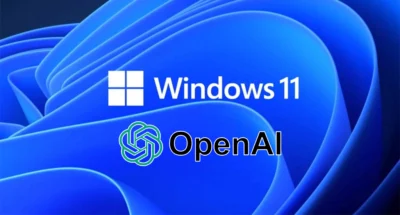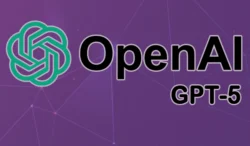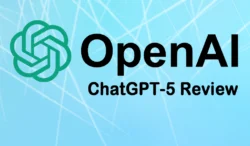
Aug 06, 2025 (UTC) - Microsoft has announced the integration of OpenAI’s latest free and open-source GPT model, gpt-oss-20b, into Windows 11 through its Windows AI Foundry platform. This move allows Windows users to leverage advanced AI capabilities directly on their personal computers, marking a significant step in making AI more accessible for everyday use.
According to a Microsoft blog post, the gpt-oss-20b model is described as “tool-savvy and lightweight,” optimized for agentic tasks such as code execution and tool use. It is designed to run efficiently on a variety of Windows hardware, requiring a minimum of 16GB of VRAM, a specification met by modern GPUs from Nvidia or Radeon. The model excels in powering AI agents and executing tasks like web searches or Python code as part of its chain-of-thought process, making it ideal for building autonomous assistants or embedding AI into real-world workflows, even in low-bandwidth environments.
Launched on August 5, 2025, gpt-oss-20b was trained using high-compute reinforcement learning, enhancing its ability to handle complex tasks. However, the model is limited to text-only processing, lacking the ability to generate or analyze images and audio, unlike some of OpenAI’s other models. Additionally, it has shown a tendency to hallucinate, with OpenAI’s internal PersonQA benchmark indicating inaccuracies in 53% of responses related to knowledge about people.
Microsoft plans to expand the model’s availability to macOS and other devices in the near future, though specific details on additional platforms were not disclosed. In addition to gpt-oss-20b, Microsoft is also offering an older model, gpt-oss-120b, through its Azure AI Foundry platform. Both models are also accessible via Amazon’s AWS, broadening their reach for developers and businesses.
This development underscores Microsoft’s commitment to integrating cutting-edge AI into its ecosystem, providing Windows 11 users with powerful tools to enhance productivity and innovation.





